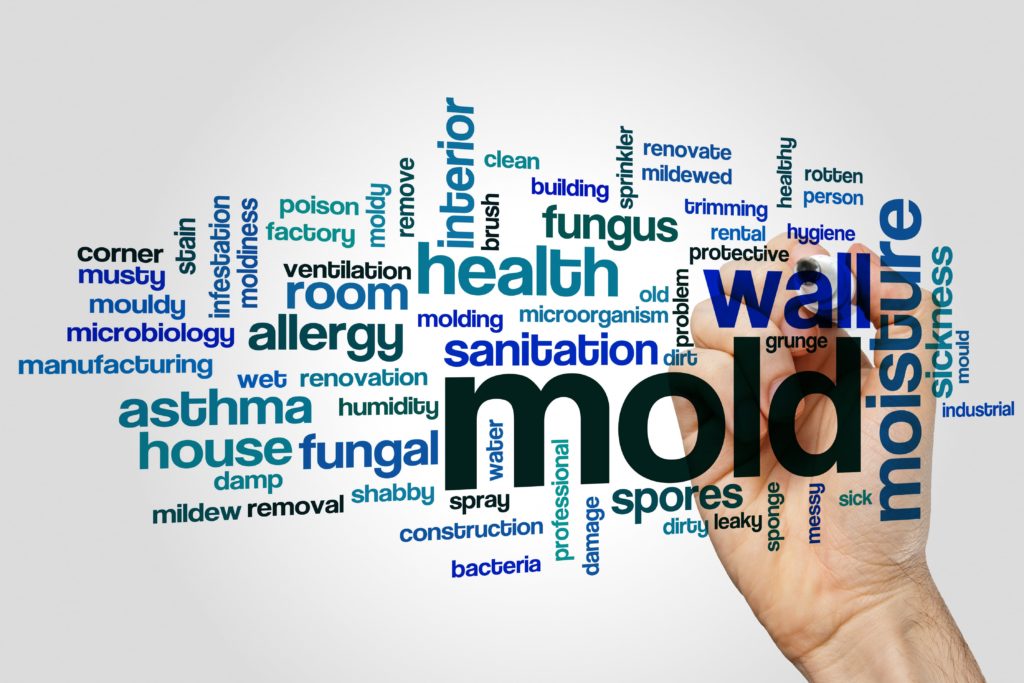
Mold has the potential to cause serious health problems. Mold is often found growing in the nooks and crannies of a house. Sunrise will detect mold growing in your home, test it, and report the results to you so you can decide what do about it.
While mold is common in Southern California, it can cause many medical conditions that vary from mild discomfort to life threatening illness. Be informed! Click here to read more about mold related illness.
Or have you had a water leak or water damage? If the answer is yes, then you may need a mold inspection of your property. At Sunrise, our mold inspectors can quickly and efficiently detect, test and identify the presence of mold on your premises.
Inspection for mold is a multi-step process. First, Sunrise will perform an inspection of the area to determine if samples are needed. If so, samples are collected and sent to a nationally-recognized testing laboratory for analysis. This typically takes several days. Once the results are concluded, you will be provided with a full report, discussing and describing all findings.
Mold, Mildew, & Fungi can grow both indoors and outdoors. They are most often present in moist, dark places (bathroom, basement, leaves, mulch, and curtains). You do not have to touch them to cause symptoms because they reproduce by sending tiny spores into the air.
You and your doctor can decide which avoidance measures are best for you. Some things you can do to decrease your exposure to mold, mildew, and fungi are listed below: